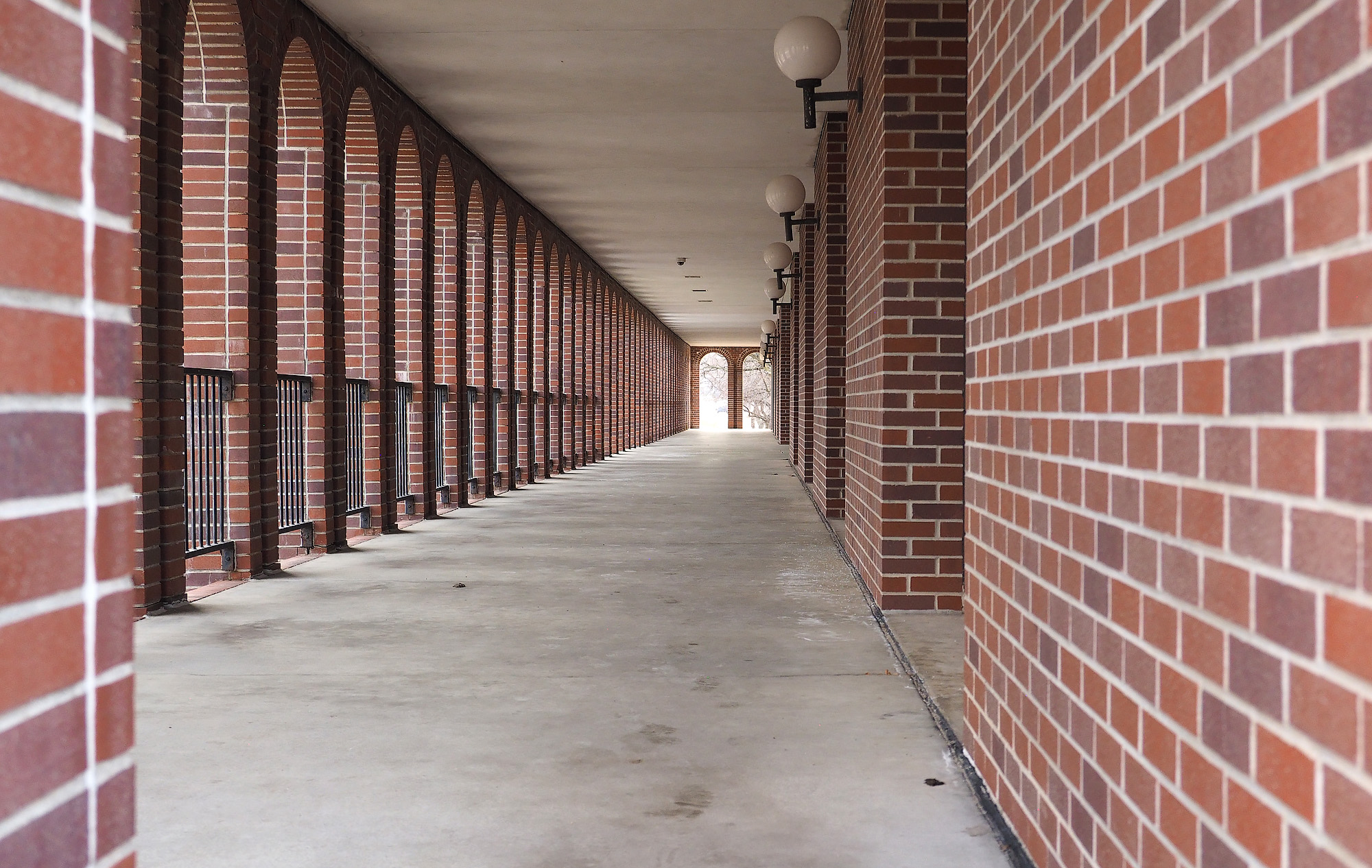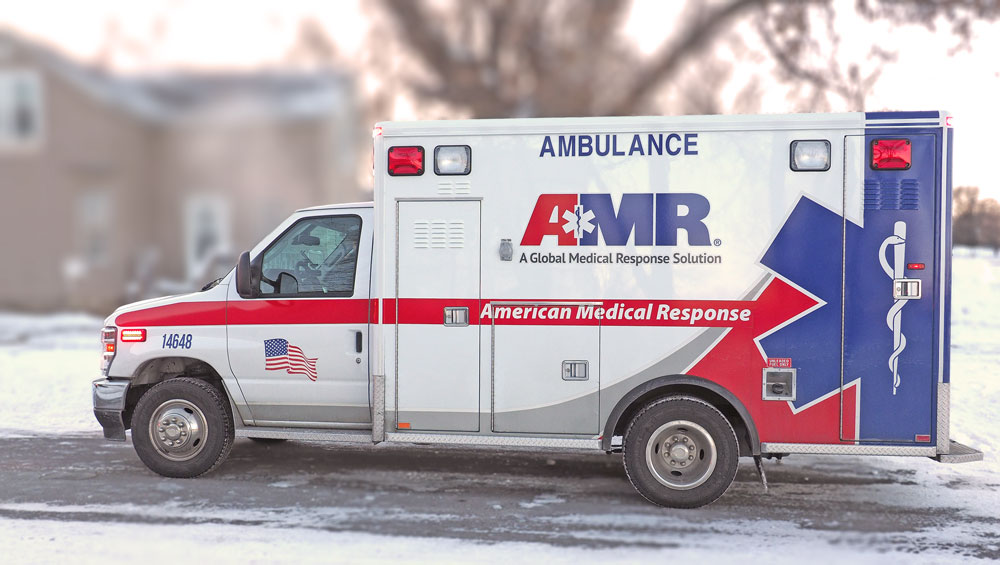Council adopts franchise renewal and tax abatement program
By Travis Fischer, tkfischer@charlescitypress.com
The Charles City Council took feedback on franchise fees, street projects, and tax abatements during its regular meeting on Monday, Feb. 5.
At the meeting the council held public hearings for the proposed renewal of the franchise agreement with MidAmerican Energy for electric and gas service.
Along with renewing the standard agreements that allow MidAmerican Energy to operate and maintain the utility lines in the city, the new 25-year agreement also includes authorization for the city to collect a 5% franchise fee from utility customers.
Speaking at the public hearing, resident Ryan Boehmer expressed his disapproval of the fee.
“It’s going to increase the cost of living for people in town,” said Boehmer, noting that an increase in power costs along with the recent increase to garbage rates may strain the public’s willingness to approve an EMS levy as the city works toward the development of an ambulance service.
The council explained that the franchise fee is being implemented as a way to diversify city revenue away from property taxes in the face of tighter state restrictions on how much property tax revenue can be generated.
“It’s spreading out the burden among more people than just property tax,” said Mayor Dean Andrews.
Having already held three public hearings about the franchise fee specifically, the council moved to waive the second and third readings of the renewal ordinances.
On the topic of property taxes, the council held the second reading of an ordinance to establish an Urban Revitalization Area, which would facilitate the city’s tax abatement program for additions or repairs to properties.
Once implemented, projects that increase the assessed value of a property by 10% or more would qualify for a 10-year tax abatement, allowing the property to continue to be taxed at the pre-project value for a decade.
Answering questions from the public, the council clarified that this abatement will only apply to building permits on new construction or renovations made after the program is in place. The council also noted that the tax abatement will continue to apply to the property even if the property is sold or otherwise transferred.
Having received no public objections to the program, and noting that several developers have already been calling the city asking about taking advantage of the tax abatement, the council voted to waive the third reading and adopt the ordinance.
A matter that did receive public objection was the preliminary plans for the 2024 Permeable Paving Project.
Utilizing water quality improvement funds, the city has made plans to renovate Howard Street with permeable pavers from Kelly Street to the existing permeable pavers on Ferguson Street. In the process, the street will be narrowed from 37 feet wide to the current Iowa standard of 31 feet.
The narrowing of the street raised an objection from Howard Street resident Miles Humphrey.
“I think that turning it into a 31-foot street is too narrow,” said Humphrey, who asked if studies had been done regarding the frequency of traffic accidents on 31-foot streets versus wider streets.
Humphrey was told that the Department of Transportation does keep information on traffic accidents involving either injury or damage greater than $1,500, but that it would be difficult to draw a sound conclusion due to other factors like weather, speed, and the amount of traffic.
“Thirty-one is a standard for the state,” said council member DeLaine Freeseman. “You’re bound to have more of them.”
Having heard this concern at the previous workshop, City Engineer in Training Brian Sullivan did look into what it would cost to do the project while keeping the road its current width. Sullivan said that would add $180,000 to the cost.
“That’s money we don’t have the luxury of spending to make a two-block section of Howard Street a little bit wider,” said council member Phillip Knighten, who instead suggested that the city could look at lowering the speed limit and increasing signage to reduce the risk of accidents.
Also commenting on the project was Michael Barrigan, who asked how the street would be narrowed in relation to adjacent properties.
The council explained that the street would be narrowed three feet on each side, creating additional right-of-way space for properties on both sides of the road.
While the city plans to narrow Howard Street, much of 11th Avenue will be going away completely as the road is to be converted into an extension of the Charley Western Trail.
Technically speaking, 11th Avenue should not be a street at all, as the road crosses into the right-of-way owned by the Cedar River Railroad Co.
With that in mind, new easement agreements have been made with the Cedar River Railroad and the Charles City Railway Co. that will allow the area to be utilized as a bike trail.
The council approved the easements for the bike trail project, but noted that they will not be recorded until after the next workshop meeting as there may be additional considerations to be included.
In other business, the council approved an engineering agreement with JEO for the Lions’ Field Pool renovations.
“This will be our next step toward making these pool repairs,” said City Administrator Steve Diers.
The $808,000 project will make repairs and updates to the pool’s structure and mechanical systems, extending the usable life of the pool for 15-20 years. Work is expected to begin at the end of July, with renovations complete before the start of the 2025 season.
The council also approved an agreement with GHD to conduct annual water quality monitoring and maintenance of the Shaw Avenue Dump Site. The $30,400 quote includes the cost of the EPA five-year review. The city splits the cost of the monitoring with Zoetis, bringing the cost down to $15,200 for each.
In anticipation of the Main Street Rehabilitation Project, the council approved a contract to remove the building at 808 N. Main St., as that area will be turned into a new portion of Main Street.
Three bids were submitted for the demolition, with Zimmermans Digging and Demolition being selected for a low bid of $11,250.
As the city’s budget season continues, the council set a public hearing date for the consolidated general fund levy, which is to be set at $8.38835 for the upcoming fiscal year. The state requires that cities hold this public hearing prior to the public hearing for the full FY25 Budget.
The council then went into closed session for collective bargaining negotiations, approving tentative agreements between the police union and public works employees upon going back into open session.









Social Share